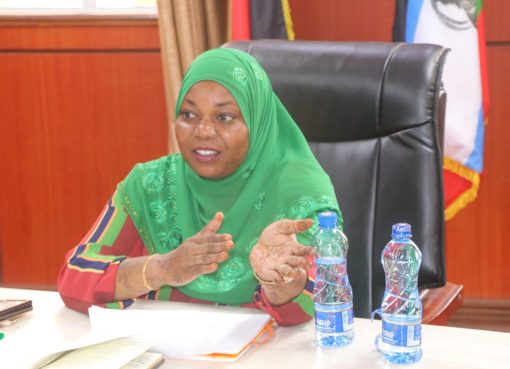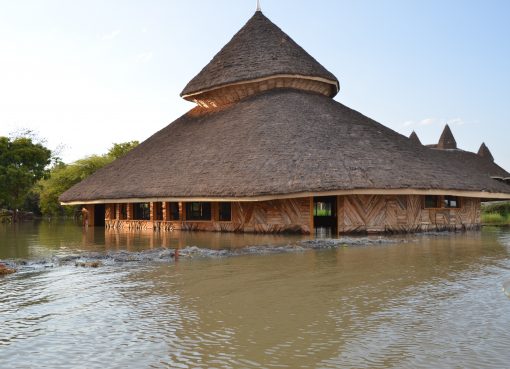Researchers, experts, academia, and senior government officials meeting in Nairobi to discuss ways of mitigating climate change effects in the African region have said that there is a need for improved land governance to reduce conflicts on land.
The experts who had gathered at the 2nd Regional Research Conference at the Kenya School of Government, Lower Kabete, said improved land governance will also help to increase the efficient and optimal use of natural resources.
During the two-day conference, the researchers noted that climate change is a serious threat to the country’s socio-economic prospects and, if not urgently addressed, is likely to lead to increased poverty and poor land governance.
They said that for Kenya and the region to achieve the Sustainable Development Goals and address climate change adaptation effectively, there should be collaboration and coordination among governments, international organizations, civil society, and the private sector.
“There is an urgent need for African governments to incorporate the climate change agenda into their policies and facilitating tools,” said the researchers.
Speaking at the conference, the Ag. Chief Executive Officer (CEO) of the National Land Commission, Ms. Kabale Arero, said the proposals from the conference will guide the government when putting in place policies on land use.
Ms. Kabale said recommendations from the conference will be useful at NLC, adding that the commission will call on the participants, among them development partners, to review the land policy that will govern the country.
The recommendations from the conference include the management and adaptation of land governance to enhance land use plans, natural resource atlases, land titling, monitoring, and enforcement, encourage community participation, and use other appropriate tools to manage public lands.
They also proposed the integration of new urban planning trends into urban systems to provide environmentally friendly, functional peri-urban centers to respond to planning and urban land use challenges.
Other recommendations are land policies that recognize and protect the land rights of pastoralist communities, capacity building on adaptive means of livelihood, the development of targeted strategies to mitigate climate change impacts that improve air quality and create more sustainable and resilient urban environments, integrated wetland management plans, buffering of the wetland, and rehabilitation of the wetland ecosystem.
They also recommended direct investment in irrigation equipment and infrastructure to increase land under irrigation, as well as the use of the Flam Map Model to simulate forest fires and host the data in a web-based geographical information system to guide on rapid response during forest fire break-outs, among others.
By Bernadette Khaduli





